Comments
- No comments found
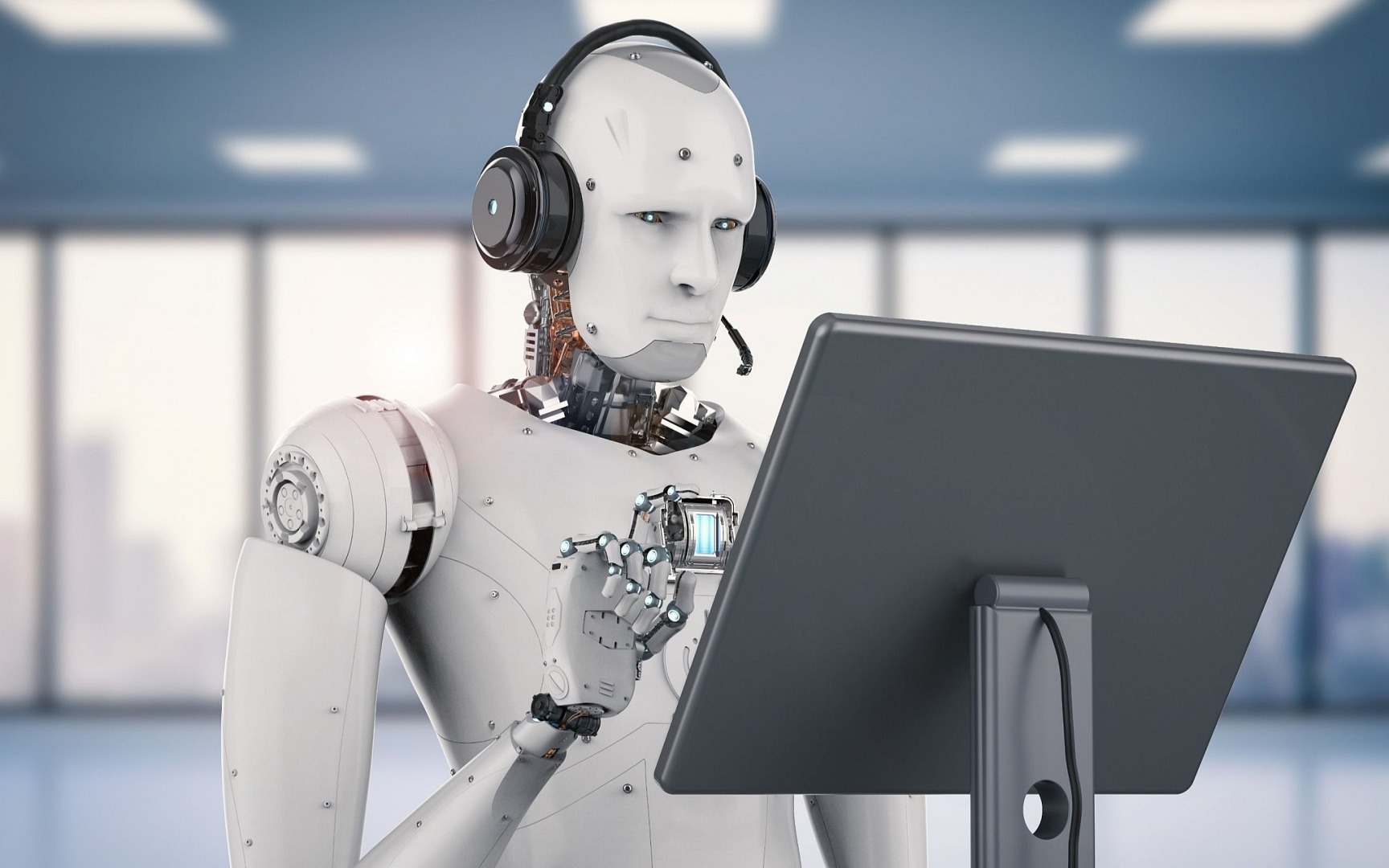
As artificial intelligence (AI) continues to advance, the world is experiencing an unprecedented era of transformation.
AI is impacting nearly every industry, from healthcare and finance to retail and transportation, and is poised to revolutionize the way we live, work, and interact with one another. Here are some upcoming landmarks in AI that we can expect to see in the next few years.
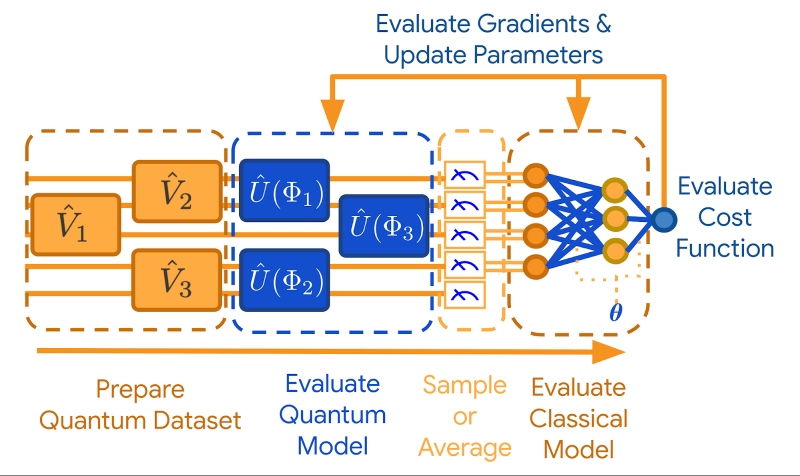
Quantum computing is a new computing paradigm that takes advantage of the principles of quantum mechanics to perform calculations that are orders of magnitude faster than classical computers. One of the most exciting applications of quantum computing is in the field of AI, where it is expected to dramatically improve the speed and efficiency of machine learning algorithms. Quantum computers are particularly well-suited to solving optimization problems, which are a key component of many machine learning algorithms. As quantum computing technology continues to improve, we can expect to see a new generation of AI applications that are faster, more accurate, and more powerful than ever before.
One of the biggest challenges in AI today is building models that are transparent and explainable. In many cases, AI models are seen as "black boxes" that make decisions based on patterns in the data, without any clear explanation of how those decisions were made. This lack of transparency can be a barrier to adoption, particularly in industries such as healthcare and finance where accountability and transparency are critical. Explainable AI (XAI) is a field of research focused on developing AI models that can provide clear and understandable explanations of their decision-making process. XAI is still in its early stages, but it holds tremendous promise for making AI more accessible and trustworthy.
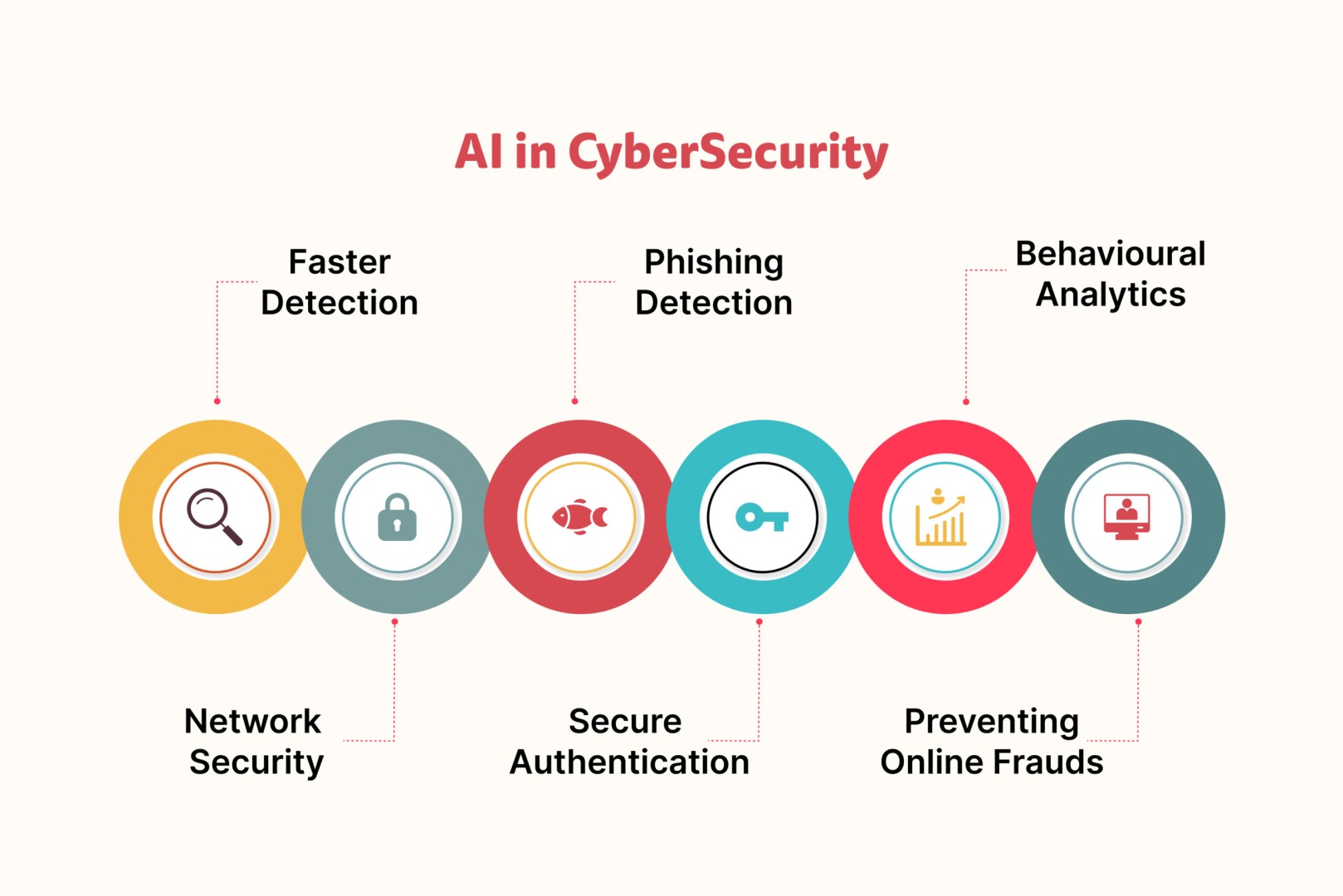
The process of developing new drugs is notoriously slow, expensive, and risky. However, recent advances in AI are poised to revolutionize the drug discovery process. AI can help researchers to identify potential drug targets more quickly and accurately, screen large databases of compounds for their potential efficacy and toxicity, and even design new drugs from scratch. By combining AI with other technologies such as robotics and automation, drug discovery could be accelerated dramatically, leading to faster development of new treatments for a wide range of diseases.
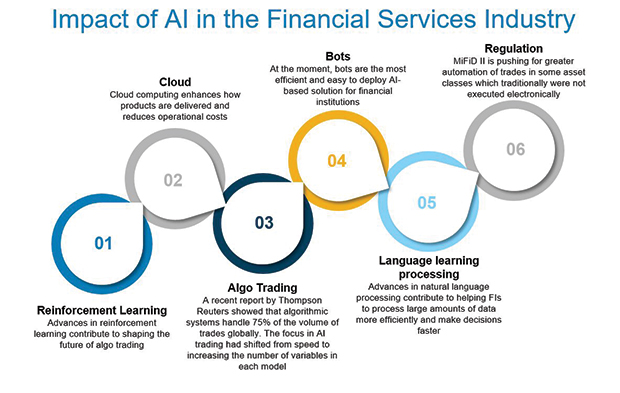
Source: Digital Engineering 247
Natural Language Processing (NLP) is a field of AI focused on understanding and processing human language. NLP has already made significant progress in areas such as speech recognition and language translation, but there is still a long way to go. In the coming years, we can expect to see further advances in NLP that will enable machines to better understand the nuances of human language, including things like humor, sarcasm, and irony. These advances could have a significant impact on a wide range of industries, from customer service and chatbots to legal and medical research.
As our lives become increasingly digital, the threat of cyber attacks continues to grow. AI has the potential to significantly improve our ability to detect and respond to these threats. AI-powered cybersecurity tools can analyze large amounts of data in real-time, identifying patterns and anomalies that might indicate a potential attack. They can also help to automate routine tasks such as patch management and system updates, freeing up human security teams to focus on more complex threats. As AI-powered cybersecurity tools become more sophisticated, we can expect to see a shift towards more proactive and preventative security measures.
AI has the potential to transform the way we learn, both in the classroom and beyond. AI-powered educational tools can personalize learning for individual students, adapting to their strengths, weaknesses, and learning styles. They can also help to automate routine tasks such as grading and feedback, allowing teachers to spend more time on creative and interactive activities. In the coming years, we can expect to see further advances in AI-powered education, including the
development of intelligent tutoring systems, virtual classrooms, and personalized learning platforms. These tools could help to improve access to education, particularly in underserved areas or for students with disabilities.
As AI becomes more pervasive, there is growing concern about the ethical implications of its use. From bias in AI algorithms to the potential impact on jobs and society, there are many ethical questions that need to be addressed. In response, there has been a growing focus on the development of ethical guidelines for AI. These guidelines are designed to ensure that AI is used in a responsible and ethical manner, and to promote transparency and accountability in the development and deployment of AI systems.
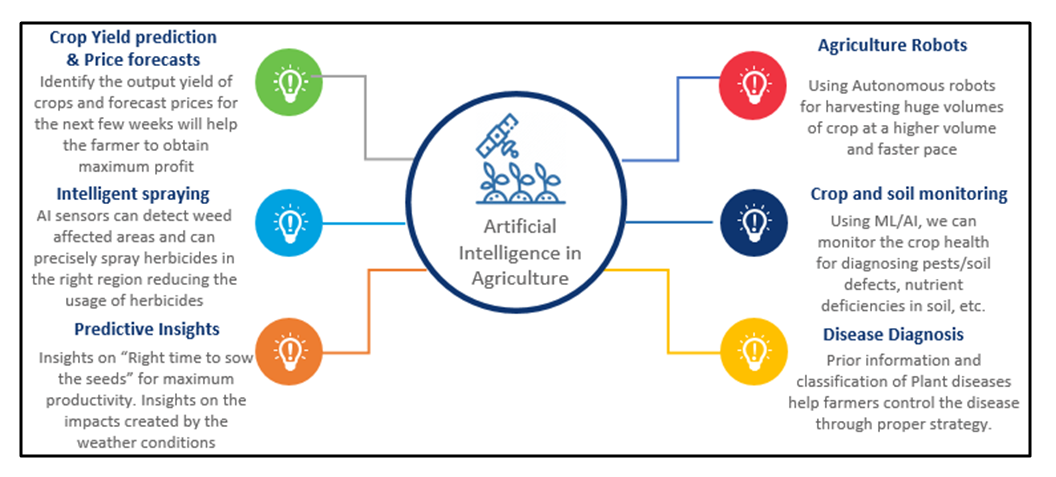
The global population is expected to reach nearly 10 billion by 2050, and feeding this population will require significant increases in agricultural productivity. AI has the potential to help farmers to achieve these increases by providing real-time data and insights about soil health, weather patterns, crop growth, and pest infestations. AI-powered precision agriculture tools can help farmers to optimize their use of resources, reducing waste and increasing yields. In the coming years, we can expect to see further advances in AI-powered agriculture, including the development of autonomous farming systems and the use of drones for crop monitoring and management.
The transportation industry is also poised for significant disruption as a result of AI. From self-driving cars and trucks to intelligent traffic management systems, AI has the potential to dramatically improve the safety, efficiency, and sustainability of transportation. Self-driving cars and trucks, for example, could reduce accidents and traffic congestion, while intelligent traffic management systems could optimize traffic flows and reduce emissions. As the technology continues to mature, we can expect to see a growing number of AI-powered transportation solutions in the years ahead.
Healthcare is another industry that is likely to see significant disruption as a result of AI.
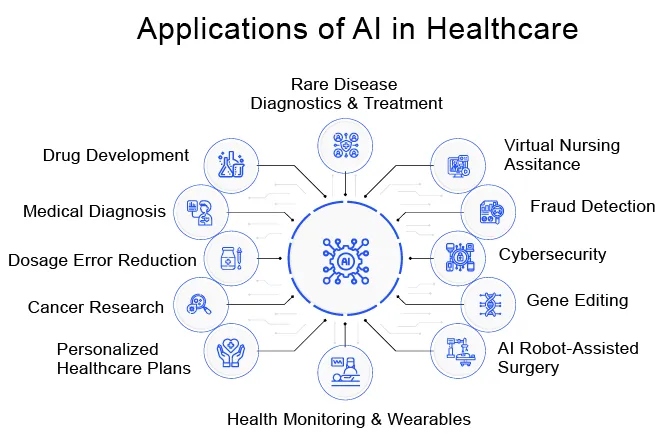
AI can help to improve diagnosis and treatment, monitor patients more effectively, and even develop new treatments and therapies. AI-powered medical imaging tools, for example, can help doctors to identify potential health issues more quickly and accurately, while AI-powered drug discovery tools can accelerate the development of new treatments. In the coming years, we can expect to see further advances in AI-powered healthcare, including the development of personalized medicine and the use of AI in clinical trials.
Artificial intelligence is one of the most transformative technologies of our time, and it has the potential to reshape virtually every aspect of our lives. From quantum computing and explainable AI to AI-powered drug discovery and agriculture, the next few years are likely to see a wave of new AI innovations that will shape the future in ways we can only imagine. However, as we continue to develop and deploy AI, it is important to do so in a responsible and ethical manner, with a focus on transparency, accountability, and fairness. By doing so, we can ensure that the benefits of AI are shared widely and that the technology is used to improve our lives and our society as a whole.
Leave your comments
Post comment as a guest